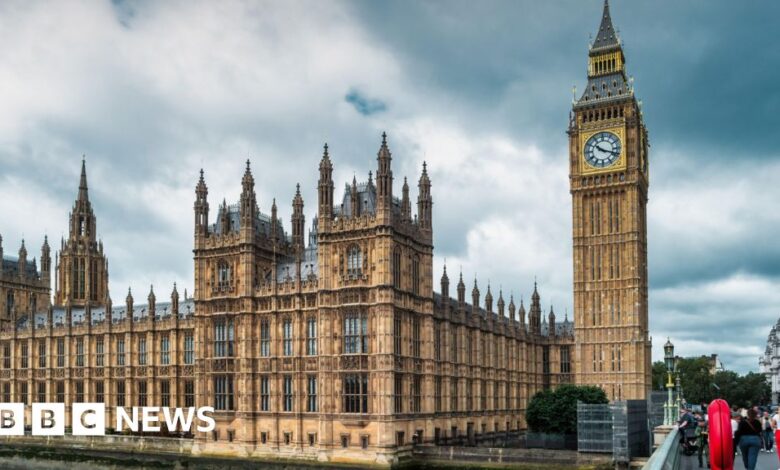Landslide election cost £52.8m in staff turnover payments, Ipsa says

The cost of replacing more than 2,000 MPs and political staff after the election reached £52.8m, the body managing MPs’ pay has revealed.
Nearly all of that was spent on closing down former MPs’ offices and helping new MPs set theirs up, with around a third of the total spent on redundancy payments for staff.
The Independent Parliament Standards Authority (Ipsa) report said Labour’s landslide election had been a “once in a generation event” which saw 350 MPs leave office – more than at any general election in the last fifty years.
According to its report, 2,373 people lost their job as a result – including 2,023 staff who worked for MPs who either lost their seat or stood down.
At the 2019 election only 460 members of staff were effectively made redundant.
Ipsa, which is funded by public money through a grant from the Treasury, said the “almost-unprecedented” turnover had helped push up the cost of supporting those who lost their jobs by 286%.
Costs included ending rental agreements, settling outstanding payments and making staff redundant.
MPs themselves were entitled to a loss of office payment, set at twice the legal minimum, if they lost their seat and had been an MP for at least two years.
All MPs who either lost or stood down were also eligible for so-called “winding up” payments worth four month’s salary. Since April 2024, the basic annual salary of a MP is £91,346, plus expenses.
This was to compensate them for the time spent closing down their offices, which was extended at this election from two months to four. They could also claim costs during this time.
Ipsa said an average of £35,200 was spent per MP on redundancy payments to both MPs and their staff – up from an average of £19,900 at the 2019 election.
Ipsa’s chair Richard Lloyd said: “An MP’s office is like a small business. They are the employer, and any MP not returned in the 2024 general election had until 4 November to close down their office entirely.”
He added: “Ipsa is proud of its role in supporting a representative Parliament, where people without private finances shouldn’t be prevented from becoming an MP – or working for one.”
Established in the wake of the 2009 expenses scandal, Ipsa oversees both MPs’ pay and expenses, including the salaries of the constituency caseworkers, parliamentary assistants and other staff that work for them.




